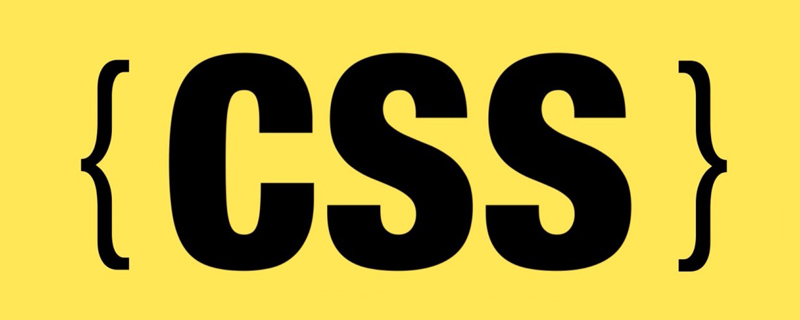使用xhtml+css布局经常性地会使用到float,很多邪门的事儿都有可能是浮动在作怪,那么清除浮动就是必须要做的,而且随时性地对父级元素清除浮动的做法也被认为是书写CSS的良好习惯之一。
此为未清除浮动源代码,运行代码无法查看到父级元素浅黄色背景。
<style>
body { font-size:24px; color:red; }
#layout { background:#FF0; }
#left { float:left; width:20%; height:200px; background:#CCC; }
#right { float:right; width:30%; height:80px; background:#CCC; }
</style>
<p>
</p><p>Left</p>
<p>Right</p>
未清除浮动前如图所示:

三种清除浮动方法如下:
1、使用空标签清除浮动。
我用了很久的一种方法,空标签可以是p标签,也可以是p/span/br等标签,理论上可以是任何标签。这种方式是在需要清除浮动的父级元素内部的所有浮动元素后添加这样一个标签清除浮动,并为其定义CSS代码:clear:both。此方法的弊端在于增加了无意义的结构元素。
ps:
也可以实现效果。
<style>
body { font-size:24px; color:red; }
#layout { background:#FF0; }
#left { float:left; width:20%; height:200px; background:#CCC; }
#right { float:right; width:30%; height:80px; background:#CCC; }.clr { clear:both; }</style>
<p>
</p><p>Left</p>
<p>Right</p><p></p>
2、使用overflow属性。
此方法有效地解决了通过空标签元素清除浮动而不得不增加无意代码的弊端。使用该方法是只需在需要清除浮动的元素中定义CSS属性:overflow:auto,即可!”zoom:1″用于兼容IE6。
<style>
body { font-size:24px; color:red; }
#layout { background:#FF0; overflow:auto; zoom:1; }
#left { float:left; width:20%; height:200px; background:#CCC; }
#right { float:right; width:30%; height:80px; background:#CCC; }
</style>
<p>
</p><p>Left</p>
<p>Right</p>
3、使用after伪对象清除浮动。
该方法只适用于非IE浏览器。具体写法可参照以下示例。使用中需注意以下几点。
一、该方法中必须为需要清除浮动元素的伪对象中设置height:0,否则该元素会比实际高出若干像素;
二、content属性是必须的,但其值可以为空,网上讨论该方法的时候content属性的值设为”.”,但我发现为空也是可以的。
<style>
body { font-size:24px; color:red; }
#layout { background:#FF0; }#layout:after{display:block;clear:both; content:""; visibility:hidden;height:0;}#left { float:left; width:20%; height:200px; background:#CCC; }
#right { float:right; width:30%; height:80px; background:#CCC; }
</style>
<p>
</p><p>Left</p>
<p>Right</p>
清除浮动后如图所示:

此三种方法各有利弊,使用时应择优选择,比较之下第二种方法更为可取。
The above is the detailed content of Summary of CSS clear float methods. For more information, please follow other related articles on the PHP Chinese website!
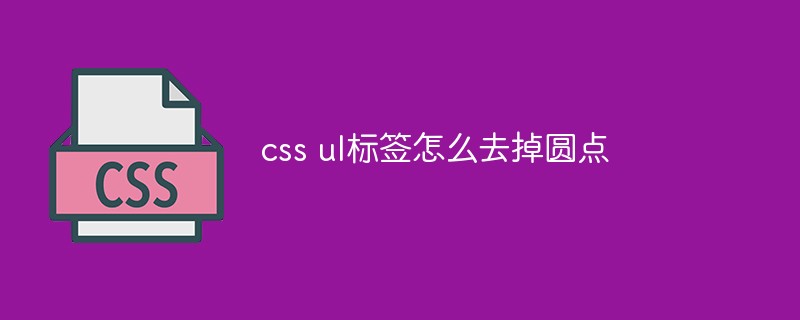 css ul标签怎么去掉圆点Apr 25, 2022 pm 05:55 PM
css ul标签怎么去掉圆点Apr 25, 2022 pm 05:55 PM在css中,可用list-style-type属性来去掉ul的圆点标记,语法为“ul{list-style-type:none}”;list-style-type属性可设置列表项标记的类型,当值为“none”可不定义标记,也可去除已有标记。
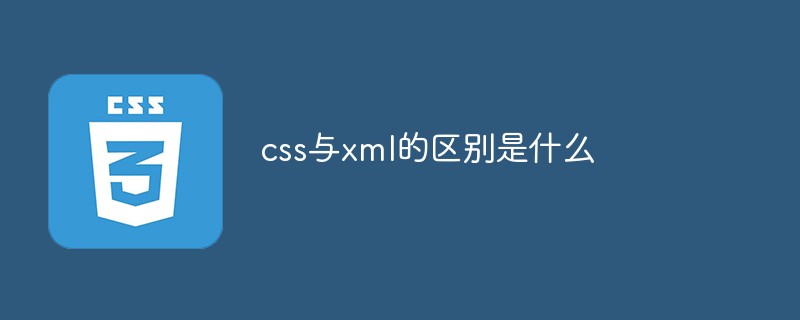 css与xml的区别是什么Apr 24, 2022 am 11:21 AM
css与xml的区别是什么Apr 24, 2022 am 11:21 AM区别是:css是层叠样式表单,是将样式信息与网页内容分离的一种标记语言,主要用来设计网页的样式,还可以对网页各元素进行格式化;xml是可扩展标记语言,是一种数据存储语言,用于使用简单的标记描述数据,将文档分成许多部件并对这些部件加以标识。
 css3怎么实现鼠标隐藏效果Apr 27, 2022 pm 05:20 PM
css3怎么实现鼠标隐藏效果Apr 27, 2022 pm 05:20 PM在css中,可以利用cursor属性实现鼠标隐藏效果,该属性用于定义鼠标指针放在一个元素边界范围内时所用的光标形状,当属性值设置为none时,就可以实现鼠标隐藏效果,语法为“元素{cursor:none}”。
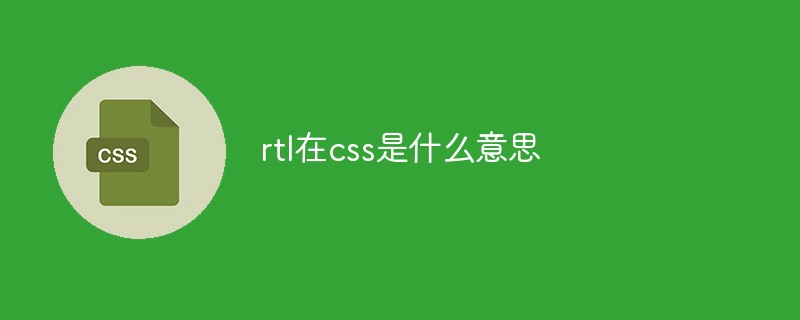 rtl在css是什么意思Apr 24, 2022 am 11:07 AM
rtl在css是什么意思Apr 24, 2022 am 11:07 AM在css中,rtl是“right-to-left”的缩写,是从右往左的意思,指的是内联内容从右往左依次排布,是direction属性的一个属性值;该属性规定了文本的方向和书写方向,语法为“元素{direction:rtl}”。
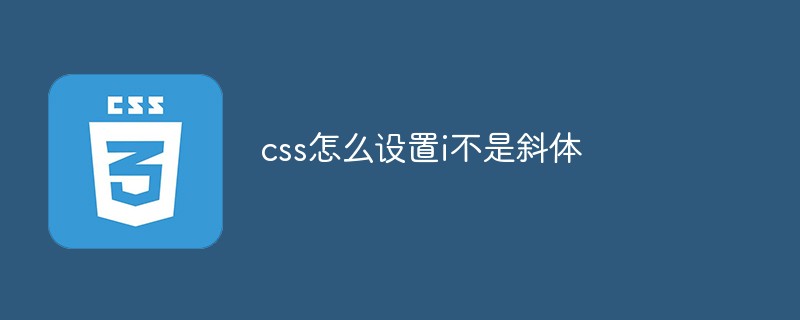 css怎么设置i不是斜体Apr 20, 2022 am 10:36 AM
css怎么设置i不是斜体Apr 20, 2022 am 10:36 AM在css中,可以利用“font-style”属性设置i元素不是斜体样式,该属性用于指定文本的字体样式,当属性值设置为“normal”时,会显示元素的标准字体样式,语法为“i元素{font-style:normal}”。
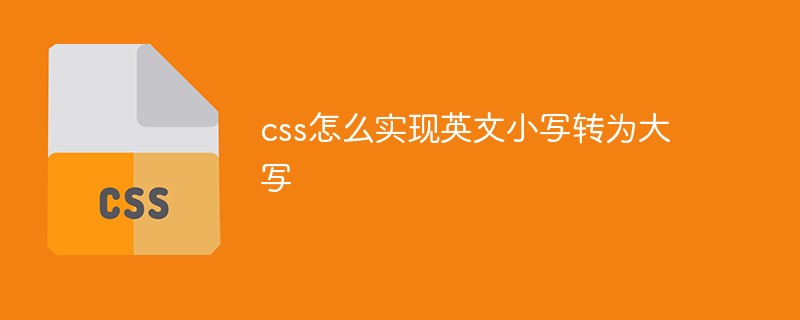 css怎么实现英文小写转为大写Apr 25, 2022 pm 06:35 PM
css怎么实现英文小写转为大写Apr 25, 2022 pm 06:35 PM转换方法:1、给英文元素添加“text-transform: uppercase;”样式,可将所有的英文字母都变成大写;2、给英文元素添加“text-transform:capitalize;”样式,可将英文文本中每个单词的首字母变为大写。
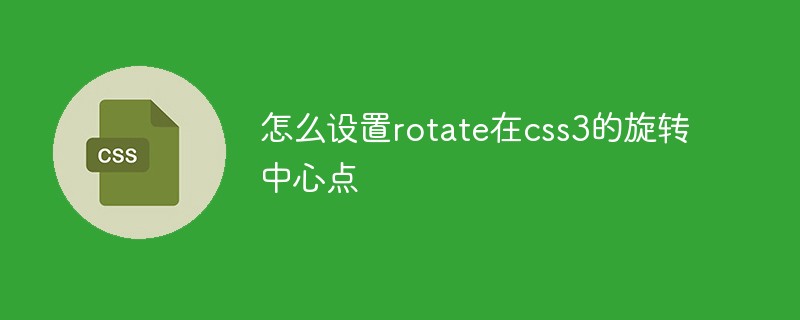 怎么设置rotate在css3的旋转中心点Apr 24, 2022 am 10:50 AM
怎么设置rotate在css3的旋转中心点Apr 24, 2022 am 10:50 AM在css3中,可以用“transform-origin”属性设置rotate的旋转中心点,该属性可更改转换元素的位置,第一个参数设置x轴的旋转位置,第二个参数设置y轴旋转位置,语法为“transform-origin:x轴位置 y轴位置”。


Hot AI Tools

Undresser.AI Undress
AI-powered app for creating realistic nude photos

AI Clothes Remover
Online AI tool for removing clothes from photos.

Undress AI Tool
Undress images for free

Clothoff.io
AI clothes remover

AI Hentai Generator
Generate AI Hentai for free.

Hot Article

Hot Tools

SublimeText3 English version
Recommended: Win version, supports code prompts!

SAP NetWeaver Server Adapter for Eclipse
Integrate Eclipse with SAP NetWeaver application server.

WebStorm Mac version
Useful JavaScript development tools

SublimeText3 Linux new version
SublimeText3 Linux latest version

MinGW - Minimalist GNU for Windows
This project is in the process of being migrated to osdn.net/projects/mingw, you can continue to follow us there. MinGW: A native Windows port of the GNU Compiler Collection (GCC), freely distributable import libraries and header files for building native Windows applications; includes extensions to the MSVC runtime to support C99 functionality. All MinGW software can run on 64-bit Windows platforms.





